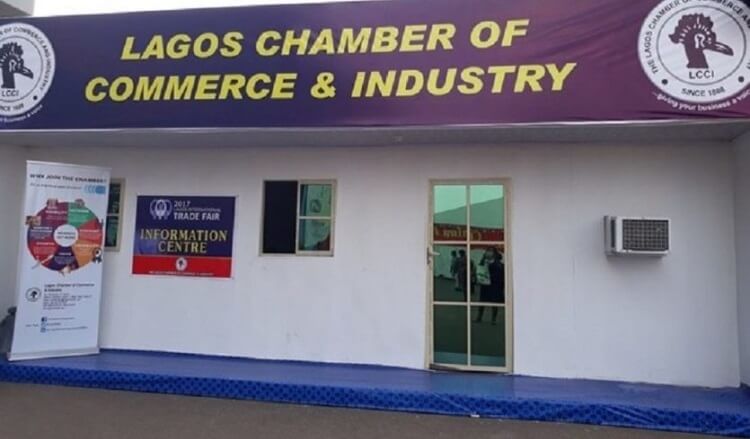LCCI Seeks Policy Action On Structural Gaps, Capital Inflows

The Lagos Chamber of Commerce and Industry (LCCI) has called for policy interventions to address structural weaknesses undermining the economy and to balance capital importation.
LCCI Director-General, Dr Chinyere Almona, said this in a statement on Thursday in Lagos.
Almona said while headline inflation eased for the fourth consecutive month to 21.88 per cent in July from 22.22 per cent in June, month-on-month inflation rose to 1.99 per cent from 1.68 per cent, showing persistent price pressures.
She noted that in spite of increased capital inflows in Q1 2025, structural imbalances continued to weigh on the economy.
“Though inflation is moderating annually, food inflation remains elevated at 22.74 per cent year-on-year, with rural communities experiencing sharper monthly increases than urban centres.
“This persistent rise in food costs underscores the urgent need for targeted interventions in agriculture, rural infrastructure, and logistics efficiency to ease supply-side bottlenecks.
“We need policy interventions that support more productive economic activities, create sufficient supply, make goods available at the right places, create jobs, and let businesses thrive in an enabling business environment,” she said.
Almona called for interventions that dealt with energy cost, power supply, logistics, infrastructure deficits, bottlenecks around licensing and registration, access to credit, and foreign exchange liquidity through non-oil exports.
On capital importation, she noted that Nigeria attracted $5.64 billion in the first quarter of 2025, representing a 67 per cent year-on-year increase and 11 per cent growth quarter-on-quarter.
Almona said the surge signalled renewed investor interest but noted concerns over the structure of inflows.
She said particularly worrisome was the continued decline in investment into manufacturing, which attracted only $129.92 million in Q1 2025, a 32 per cent drop from the same period in 2024.
According to her, weak inflows into this critical sector reflect persistent challenges around foreign exchange liquidity, energy costs, job losses, and operating uncertainties.
“Over 90 per cent of total inflows were in portfolio investments, short-term funds chasing high yields in government securities.
“By contrast, Foreign Direct Investment (FDI) plunged to $126.29 million, down 70 per cent from the previous quarter, accounting for just 2.24 per cent of total inflows.
“This imbalance reveals that investors remain cautious about making long-term commitments to Nigeria’s real sector,” she said.
Almona called for urgent measures to translate macro-level gains into broad-based, sustainable growth.
She advocated deepened structural reforms to create “a more efficient oil and gas sector that supports cheaper energy and logistics costs and increased power supply.”
The LCCI director general called for strengthened incentives for FDI, including stable tax and regulatory frameworks that reduced perceived risks.
She said Nigeria must rebuild domestic investor confidence, as local capital commitments often preceded foreign inflows.
LCCI Seeks Policy Action On Structural Gaps, Capital Inflows is first published on The Whistler Newspaper





